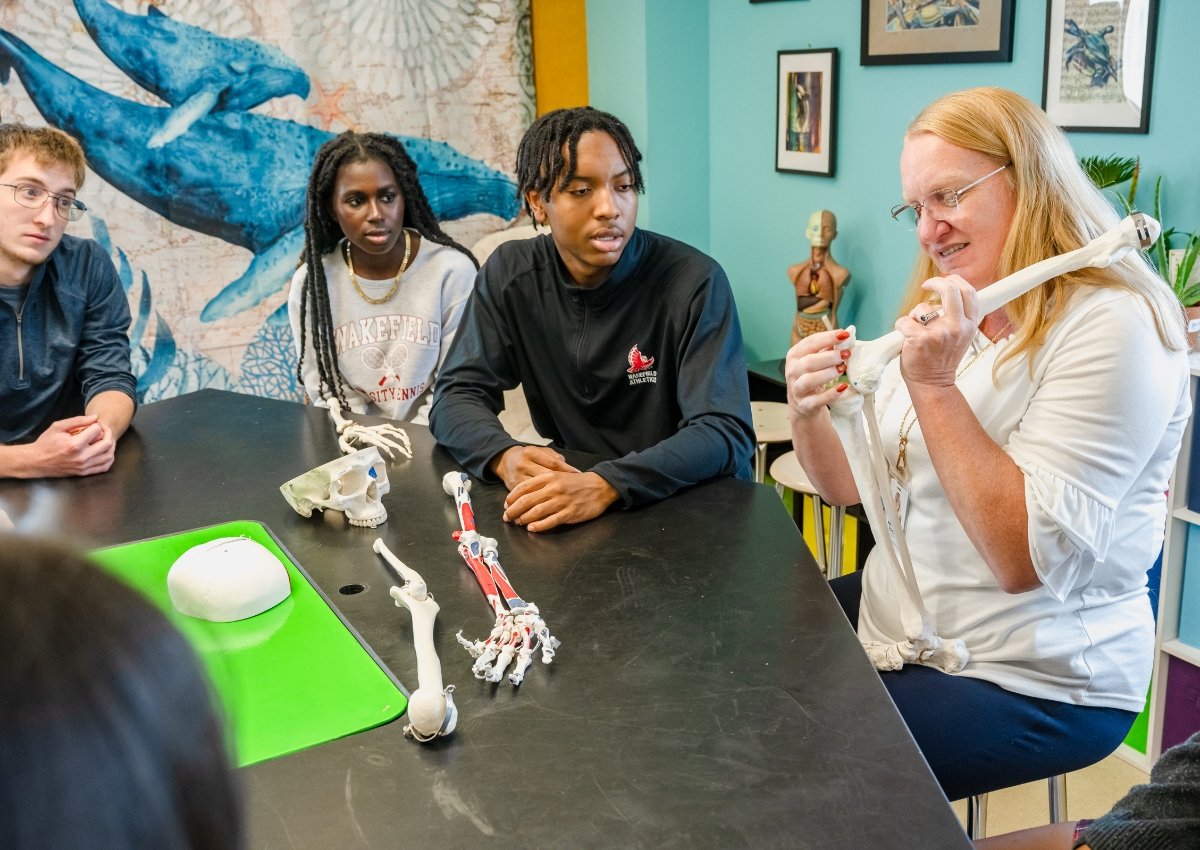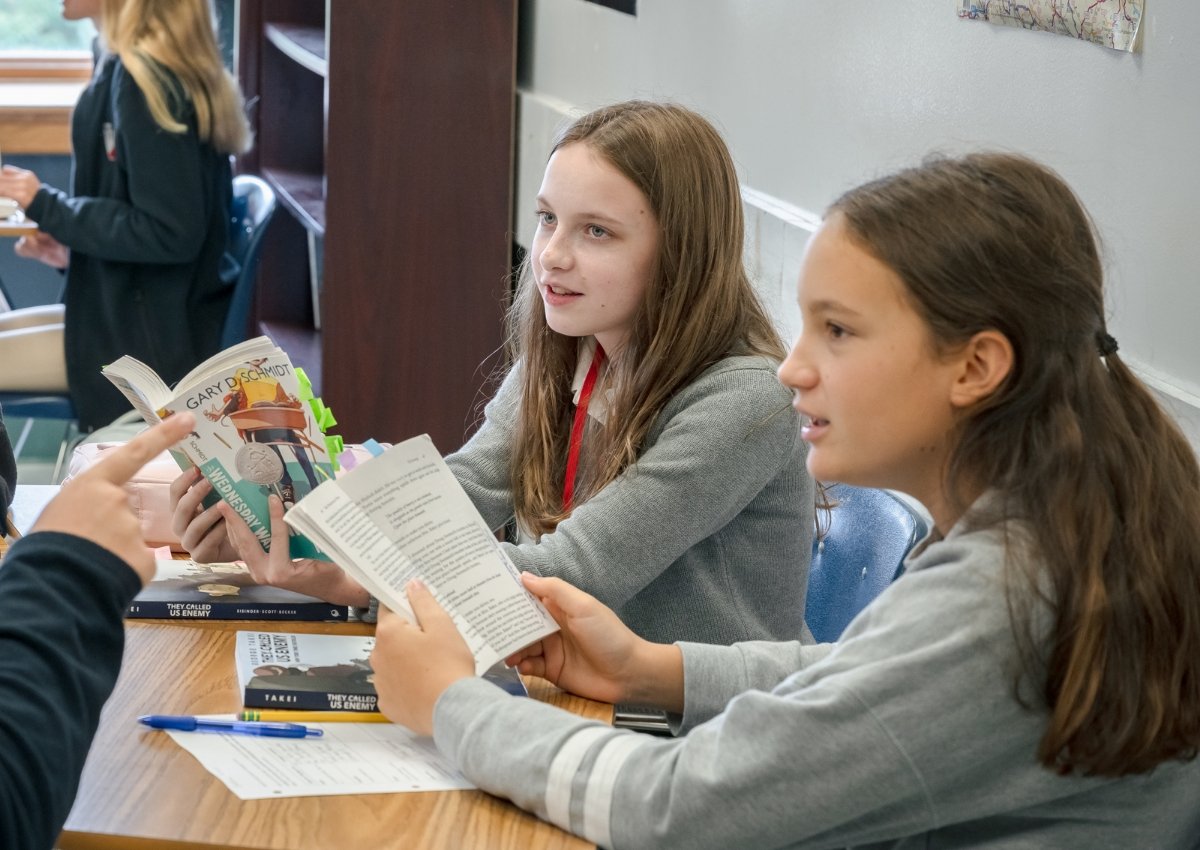What are the "Liberal Arts"?
When Wakefield says it offers a “rigorous liberal arts education,” what does that mean?
Since the times of the ancient Greeks and Romans, the term “liberal arts” has referred to the fields of study necessary for an individual to participate fully in citizenship. Naturally, then, what comprises the liberal arts continues to develop over time as our world grows in breadth and complexity.
Today, the liberal arts are understood to include the humanities (the fields that help us understand and interpret the human experience, such as philosophy, languages, and literature, fine and performing arts, cultural and media studies, etc.), mathematics and the sciences (the “big four,” biology/chemistry/physics/geology, but also engineering, computer science, and more), and the social sciences (history, sociology, psychology, government and international relations, etc.).
Well, OK, you may be thinking…that sounds like pretty much everything! If liberal arts are basically all subjects, then what’s so special about a “liberal arts education”?
Glad you asked! Because a liberal arts education is much more than just a list of subjects to study.
Wakefield’s commitment to a “rigorous liberal arts education” makes students some specific promises:
You will
learn...
...to see individual topics, and the world, from multiple viewpoints.
A broad curriculum will expose you to multiple subject areas; interdisciplinary studies will show you how subject areas connect; collaborative work will teach you to listen to, value, and grow from the differing opinions of your peers; hands-on, real-world experiences will expose you to the viewpoints of those beyond the Wakefield community.


You will
learn...
...to form questions and seek answers.
Through your studies you will gain more than knowledge; you will learn to probe subjects and ideas yourself, with your own questioning mind. Wakefield will nurture your curiosity, and inquiry-based projects and independent study will teach you to form your own questions and seek the answers, in your own areas of interest and passion.
You will
learn...
...to think.
Yes, you need a broad knowledge base with which to think--but learning facts is not thinking! At Wakefield, your teachers will help you to question what you learn in meaningful ways, to test ideas against the real world, and to apply your growing knowledge base to the solving of problems, whether close to home (Is there a better way for Wakefield students to schedule group study sessions during the school day? How about an app for that?), or on the national stage (How can high school students help reduce a school’s carbon footprint?).

Wakefield’s specific mission—fostering character, curiosity, and clear voices—ensures that liberal arts education will continue to deliver on its fundamental pledge: to prepare young people of character for citizenship, in a complex world that needs their eager, curious minds and articulate voices.


